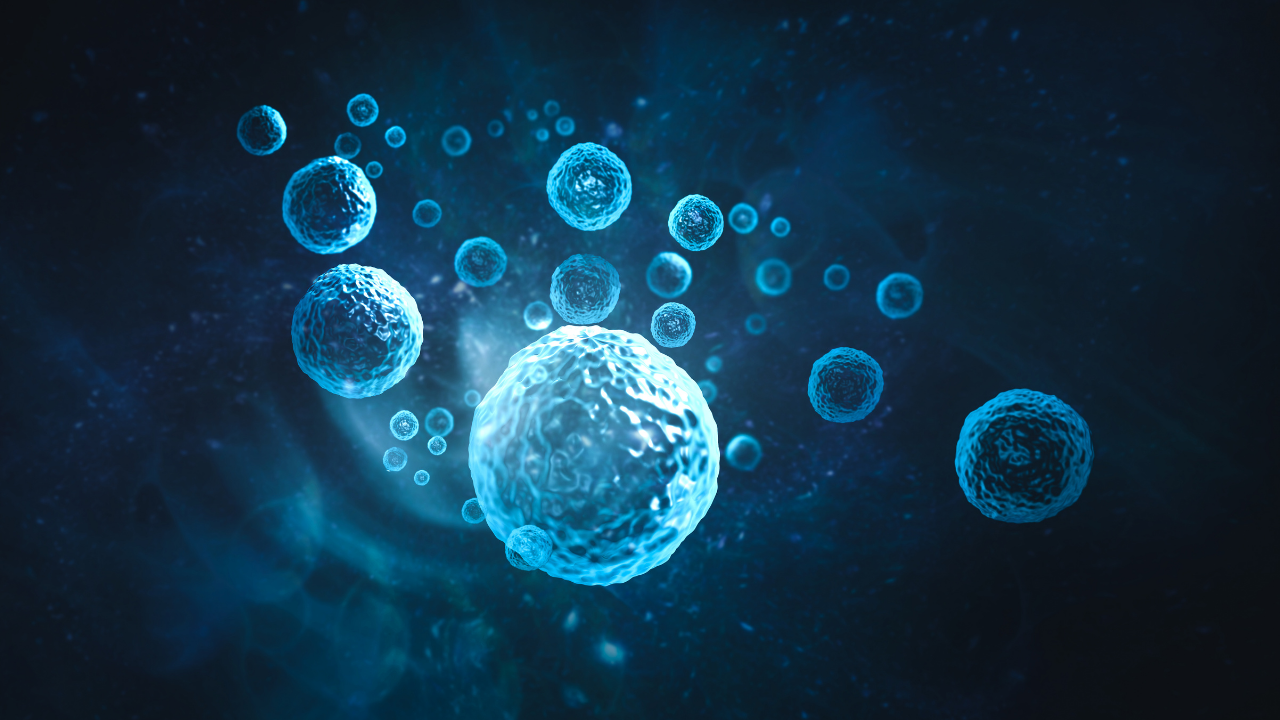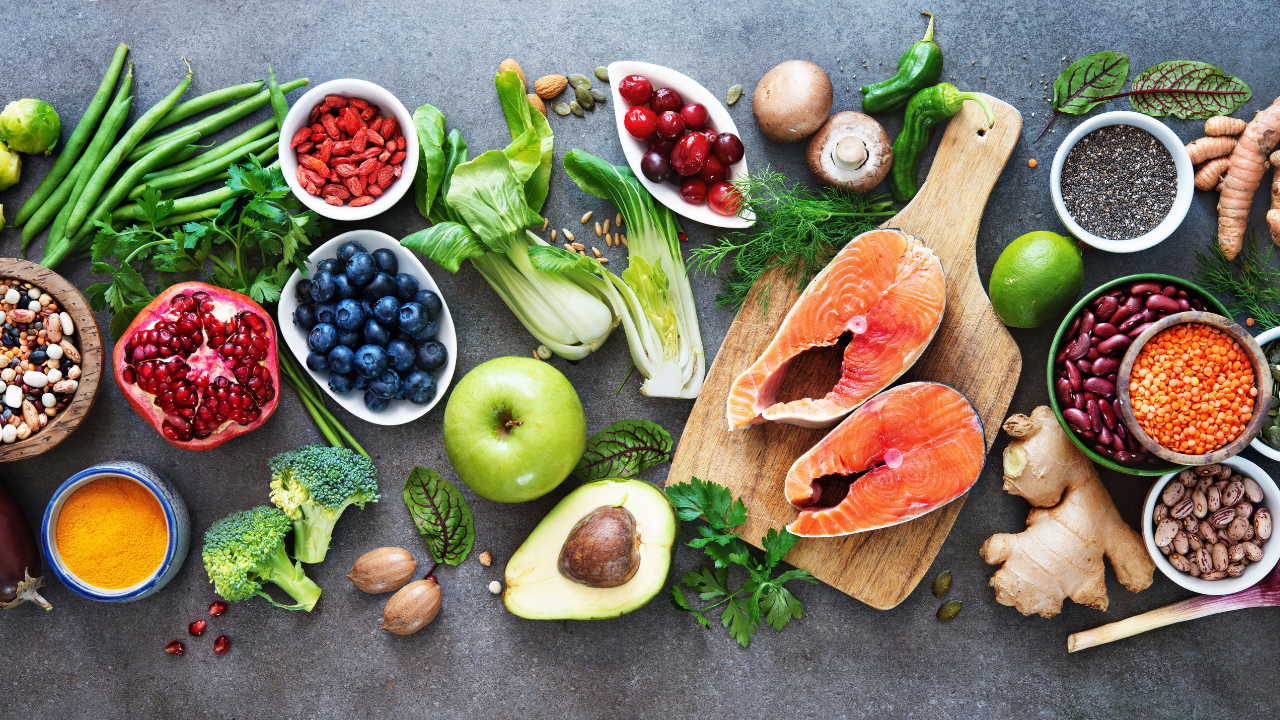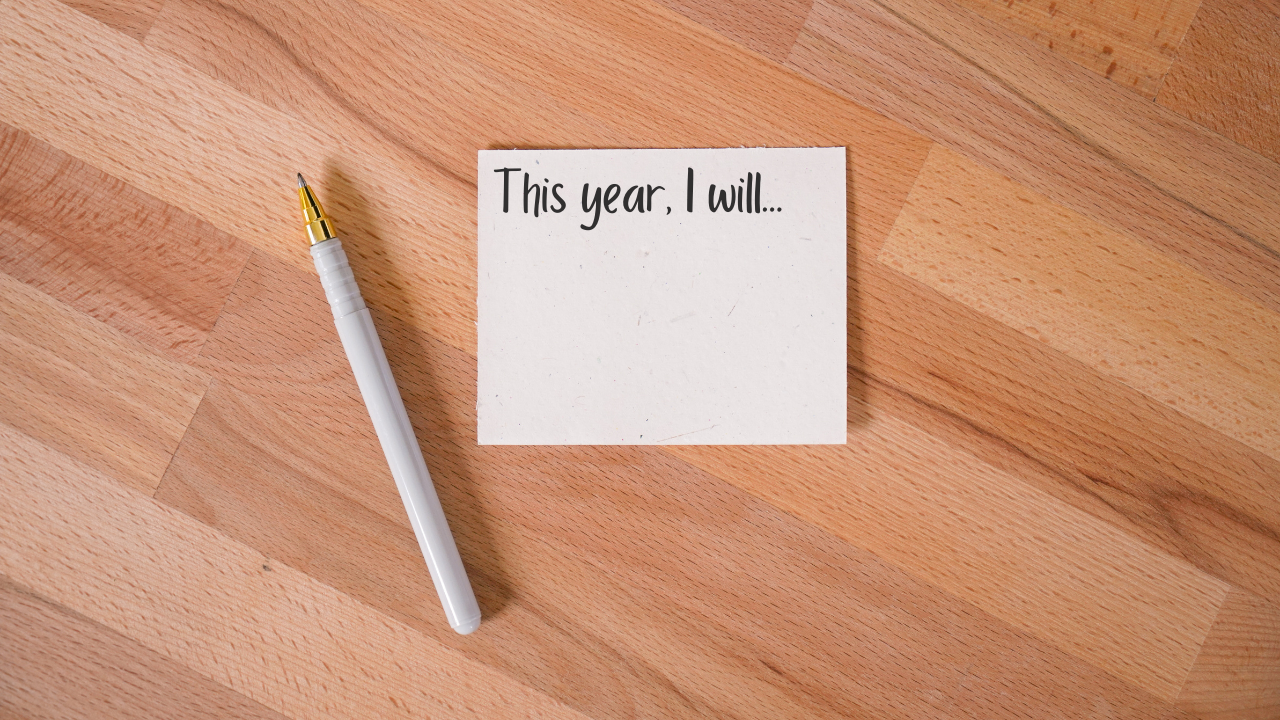Homeopathy Tips Newsletter
Finding Stillness to Hear Your Inner Voice

One of the most important tasks as a homeopath is to hear the case before you. This involves being a non-prejudiced observer, to hear and understand but have no judgment about the case. Yet understanding the case requires that we use our judgment. So how can both be true?
This is often a big hurdle to overcome for new homeopaths and some older ones as well. Our minds will generate many thoughts that can lead to prejudice, how a case is similar to another case, or seeing a remedy picture and starting to fit the case to the remedy, etc.
When these types of thoughts start to arise in the homeopath's mind, they can be very distracting or, worse, can influence the case. When thoughts are running out of control, there is no way to remain present for the case. This is especially true when we identify ourselves with the story and have our own emotional response to the person before us.
So how do we avoid this monkey mind, as I call it? This mind that is generating so many distracting though...
Source of Illness

I received this quote from Abraham-Hicks Publications. It got me thinking about the source of illness. Here’s the quote:
"If there is no source of illness, why are there so many sick people? It is because they have found lots of excuses to hold themselves in vibrational discord with wellness. They are not letting it in. And when they don’t let it in, the absence of it looks like sickness. And when enough of them do it you say, 'Oh, there must be a source of sickness. In fact, let’s give it a label. Let’s call it cancer. Let’s call it AIDS. Let’s call it all kinds of terrible things, and let’s imply that it jumps into people’s experience.' And we say it never jumps into anybody’s experience. It’s just that people learn through trial and error, and — through banging around with each other — patterns of thought that don’t let it in.
Excerpted from Buffalo, NY on 9/27/00
Our Love
Esther (Abraham and Jerry)"
How might this be explained in Homeopathy? Hahnemann obviously had given serious...
Tips for Talking to Your Clients

One might think one of the easiest things about being a homeopath is talking to your clients. But actually, it carries an incredible responsibility and I have found that it can be one of the more difficult aspects of being a new homeopath.
After many years of talking with many thousands of people, I can say for sure that there is a great art in talking with your clients. Two things happen during the consultation that makes getting our message through quite difficult. One is if the client has not been to a homeopath before, then everything will be new for them and overwhelm is usually the end result. The other thing that happens as a result of the overwhelm is that they will remember maybe only half or less of what you have shared with them.
This is one reason why follow-ups are very necessary. It usually takes a few visits of repeating the information about the homeopathic healing process for them to really start to understand. So here are some pointers that may really help.
- Get v ...
How to Find Out What Is Asking to Be Healed

One of the key elements to successful Homeopathic prescribing is knowing what’s asking to be healed. Without this, we do not have a case. When your client is giving their case, it is not always so easy to decipher between the presenting symptoms and the root cause of them. But unless you can perceive the general energy of the case, you will not be so successful in finding the correct remedy.
The key to finding the core energy of the case is having a clear mind, without prejudice. Only when we are able to allow everything that we are experiencing with the case to come up and then let go can the distilled, single idea, ever come forth. There are far too many details and symptoms to ever perceive the general single idea about the case if we are caught up in them.
These details are important in repertization and finding the remedy, but they are not nearly as important in knowing what is asking to be healed. When I am teaching with cases I always ask the students, “Do we have a case?” Unt...
The Importance of the Skin Eruption

Often, in the course of treatment, I have a client who starts to complain about a skin eruption. If they missed the part of our initial consultation about skin eruptions, the conversation goes something like this:
"Hey Robert, should I go see the dermatologist for this thing happening on my skin. I think I have eczema. Maybe I should get some cream for it. It sure itches." This is when I get to repeat myself and remind them of the importance of skin eruptions.
The skin is the largest and least vital organ of the body. It is also the most peripheral organ, at the most outer surface of the body. The skin can express the most dis-ease and the body can still function and survive. Slight damage to the brain, heart or, lungs can lead to death or severe suffering. But the skin can sustain severe damage and the whole organism can still function.
When we heal, the physical body needs to express all levels of our healing. The vital force needs to be able to push the dis-ease to the surface. T...
The Art of Active Listening

When we receive a case, it is the homeopath’s job to listen and record as close to verbatim as possible everything the person says. This requires active listening. We are listening and writing at the same time. This is not a difficult task once you have practiced it. One of the challenges I see in students is learning the art of active listening. This is not the same as everyday listening. It requires us to pay very close attention to the words the person is saying and the context they are using them in.
This is not conversational listening. This is active listening and demands focus and using both sides of our brain at the same time. People speak to give voice to their thoughts. They are telling you the content of their mind. Some have the ability to speak untruths to a greater extent than others. But in the end, even the most sincere person will bend their truths and paint slightly different realities than exist. This is fine for the homeopath because what they bend in facts they ma...
The Use of Biochemic Cell Salts

Biochemistry is a foundational understanding of using body constituents to help the body heal. Its roots date back to 1832 where a statement was written in Stapf’s Archiv, "All the essential component parts of the human body are great remedies." Another article in the same journal from 1846 reads, "All the essential component parts of the human body act on such organs principally where they have function."
It was in 1873 that Dr. Schuessler published his first article about the biochemical form of medicine. He identified a basic understanding of this medical view. It is based on three main principles.
- The human body contains twelve vital inorganic elements that are responsible for the maintenance of normal cell function.
- When, from some cause, one or more of these elements become deficient, the normal cell function or metabolism is disturbed and a condition arises known as disease.
- By supplying to the system the lacking elements in the form of Schuessler Biochemic Remedies, norma...
The Importance of Nutrition

Many times in the treatment of chronic disease, we have great expectations that the homeopathic remedy will inspire a cure, if not at least palliation of symptoms. When the best remedy is given and the results are minimal, we often believe we have made a mistake because the client is not improving as we would expect. But sometimes the mind and the body cannot heal because the building blocks for healing are not present in the person.
Even with obesity on the rise, there are many, many cases of nutritional starvation that we are treating. The advent of monocultural farming methods with chemical fertilizers, pesticides, and herbicides have rendered our soils very depleted and toxic. This combination of food quality, as well as poor diet, have brought the modern man to a very nutritionally challenged place.
Years of poor diet have rendered many of our clients living in starvation. When the foods we eat have no nutritional value, we often consume more to try to stave off the nutritional ...
A New Year's Resolution

I hope all of you had a Merry Christmas. Now it’s time to think about the New Year.
As the new year arrives, it is a good time to reflect back and to look forward. All of us want the next year to be better than the last. Often, we try to accomplish this with a new years resolution. If any part of your resolution is to be a better homeopath, here are a few tips to help you in your studies.
- Make your goals realistic and visualize them making you very happy. For example, see yourself with great confidence finding the perfect remedy for your client and having them report to you how great they are feeling.
- Study Materia Medica daily. There is rarely a day that goes by that I do not look into a book and read a little. Find some time to open the books and open your mind to study a remedy, whether it is new or familiar. Amazingly, that information will start to stick if you keep at it. It will come back to you when you least expect it. You will find you know more than you thought.
- Play w...
What Healing Looks Like

Finding what is asking to be healed is one of the big challenges for homeopaths. But once the remedy is given, how do we know that it is really working? It helps to have a guide to knowing what healing looks like. It is different for every case.
Constantine Hering gave us Hering’s Law of Cure that describes how healing follows most naturally. I have seen this in action many times. His precepts are:
- We heal from the top downward
- We heal from the inside outward.
- We heal the most vital organs first to the least vital organs.
- We heal from the most recent symptoms to those most distant in time.
These do not necessarily need to follow any particular order and can be happening simultaneously at the same time in a case.
Each case is different and has its own expression of intensity. When we give a remedy, we do not know the response the person will have to it. Therefore, it is very important to observe the reaction. Sometimes it is very difficult to understand what is happening espe...

